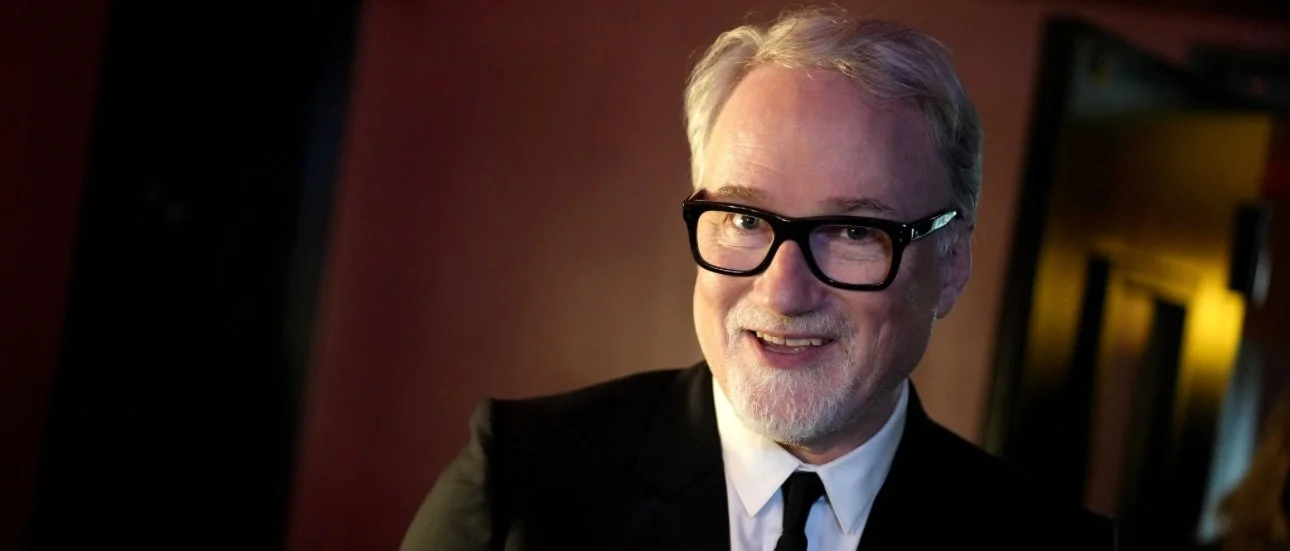"Bringing Out The Dead" was the fourth collaboration between Martin Scorsese and screenwriter Paul Schrader, based on Joe Connelly’s novel, and it touched on their familiar themes of faith, guilt, hope, and redemption.
The film also felt like the end of something for Scorsese. It came out in 1999, to mixed reviews, and was a final statement before the clock finally hit midnight into the new century. After "Bringing out the Dead", Scorsese would go on to only make big budget films, most of them epics. “Bringing Out the Dead” was the end of an era for a certain type of Scorsese moviemaking.
An attempt to give it second life seems to be under way. If Nicolas Cage gets his way, he’d want “Bringing Out the Dead” to be reappraised and to finally get its due as a great film. In a new interview with Deadline, Cage opened up about his fondness for the film and the artistic risks it allowed him to take:
Yeah, I love that movie, and I think it will stand the test of time. I watched it again recently. I think Paramount+ has it. It hasn’t gone to a high-def digital format yet, but I’m looking forward to maybe doing an interview for the movie with Martin Scorsese for Paramount+, because I think the movie is worth another look. I really believe that that is one of my best movies. I was in-between ‘Snake Eyes’ and ‘National Treasure,’ and I thought it was the most unusual style of filmmaking. It was perhaps the most abstract I’ve seen Martin Scorsese get with his style, and for me as well.
But I think it was misinterpreted. The movie was marketed in such a way — probably because I had been making adventure films — that people thought it was going to be an ambulance action/adventure movie. Well, that’s not what it was. It was a very painful character analysis of a burned-out paramedic, based on a very good book by Joe Connelly. But it was misunderstood, and I think that movie, maybe when it goes to high definition, will get another breath of life.
The film followed a worn down New York City paramedic, played by Cage, who begins to collapse under the strain of saving lives and witnessing death after death. Through the course of a few eerie nights, three co-workers (John Goodman, Ving Rhames, Tom Sizemore) accompany Pierce as he grasps for sanity.
Part of me misses the small character studies that defined a big portion of Scorsese’s earlier work. Don’t get me wrong, I love my Scorsese films in many shapes, sizes and genres, but many forget that, beyond the mob movies and historical epics, he was a master at making these small, intimate, perfectly-toned, pitch black character studies. "After Hours," "The King of Comedy," "Taxi Driver," and, of course, "Bringing out the Dead" can be seen as this exquisite quadrilogy about alienation.
"Bringing Out The Dead" is not for everyone. The movie's lack of a conventional narrative confused many viewers when it first came out in the fall of 1999. The film’s unflinching look into the darkest corners of human nature didn't help it gain any fans, but these qualities are part of Scorsese's greatest films — the confusion of "After Hours", the emotional indecision of "The Age of Innocence", the alienation of "Taxi Driver", the spiritual search of "The Last Temptation of Christ," and "Silence."
"Bringing Out The Dead" is not an easy watch, but it's real, and it stays with you.
Long-time Scorsese editor, Thelma Schoonmaker, seems to agree with Cage. A few years ago, she identified “Bringing Out the Dead” as one of her very favorite Scorsese films:
[Bringing Out the Dead] is the only one of his films, I think, that hasn't gotten its due - it was a disaster at the box office, as was King Of Comedy, as was Raging Bull. A lot of our movies! I think there's a cult following for it - it sounds like you're one of them, which is great. But there's a following building. But what happened was, that film was about compassion, and it was sold, I think, as a car chase movie. When I saw the trailer I said, "Wait a minute! That's not what the movie's about!" I think people were made nervous by the theme of it, which I think is beautiful. I think it'll get its due.
Then she continued her campaigning by speaking to Uproxx about the film:
That is the one that has never gotten recognition. But I can’t tell you how many people talk to me about that movie. There is a ripple that’s going on. Bertrand Tavernier, the really wonderful French director, just wrote a review of it again. I have friends, when they have friends over for dinner, they make them watch it. It never got its due because it’s about compassion. That’s why.
In the past few decades, many Scorseses, that were initially met with underwhelming critical response, have gotten their due and are now seen as classics — I’m particularly thinking of “Casino,” “After Hours,” and “King of Comedy.” It’s time for “Bringing Out the Dead” to join that trio of films (and, while we’re at it, “Silence” should be next in line.)






